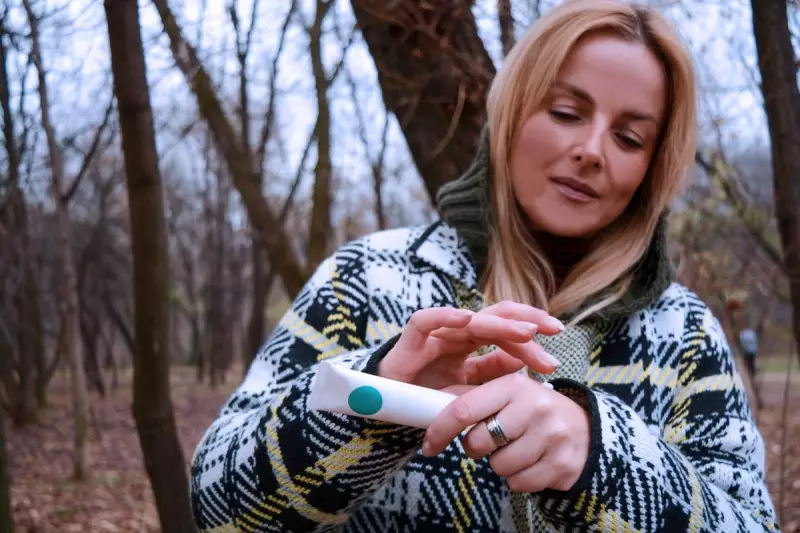
As golden leaves begin to carpet British parks and the air turns crisp, many of us notice subtle but significant changes in how we feel both physically and mentally. This seasonal shift isn't just in your imagination - it's a biological response that affects millions across the UK.
The Science Behind Seasonal Shifts
Dr. Elena Touroni, a consultant psychologist and co-founder of The Chelsea Psychology Clinic, explains that our bodies are deeply connected to natural rhythms. "As daylight hours shorten and temperatures drop, our biological systems undergo adaptation processes that can manifest in various ways," she notes.
Common Physical and Mental Changes
- Altered sleep patterns: The reduced sunlight affects melatonin production, disrupting your natural sleep-wake cycle
- Mood fluctuations: Decreased serotonin levels due to less sunlight can lead to feelings of lethargy and low mood
- Changes in appetite: Many experience cravings for carbohydrate-rich foods as the body seeks energy sources
- Reduced motivation: The desire to hibernate can make routine activities feel more challenging
When It's More Than Just the "Autumn Blues"
While many people experience mild seasonal adjustments, for some, these changes develop into Seasonal Affective Disorder (SAD). "The key difference is severity and duration," explains Dr. Touroni. "If symptoms significantly impact your daily functioning and persist for weeks, it may be time to seek professional support."
Practical Strategies for Seasonal Wellness
- Maximize daylight exposure: Take walks during daylight hours and position yourself near windows when indoors
- Maintain routine: Consistent sleep schedules and meal times help regulate your body's internal clock
- Stay active: Regular exercise boosts endorphins and helps combat seasonal lethargy
- Consider light therapy: SAD lamps can be particularly effective for replicating natural sunlight
- Connect socially: Combat isolation by maintaining social connections despite colder weather
Remember that some degree of seasonal adjustment is normal and reflects our deep connection to natural cycles. However, if you find yourself struggling significantly, the NHS offers various resources and treatments for seasonal affective disorder.
As autumn settles across the UK, understanding these biological responses can help you navigate the seasonal transition with greater awareness and self-compassion.





